Educators are always looking to books, articles, and videos for inspiration. We wanted to share some of the books and articles that have shaped our practice and influenced our thinking. We have included some information about each text.
Our philosophy around professional development is to choose one thing to focus on at a time as educators. We then zone in our reading and learning in that area (e.g., early mathematics, documentation, observation, behaviour).
We will continue to add and enhance this section of our blog as we come across inspiring professional resources.
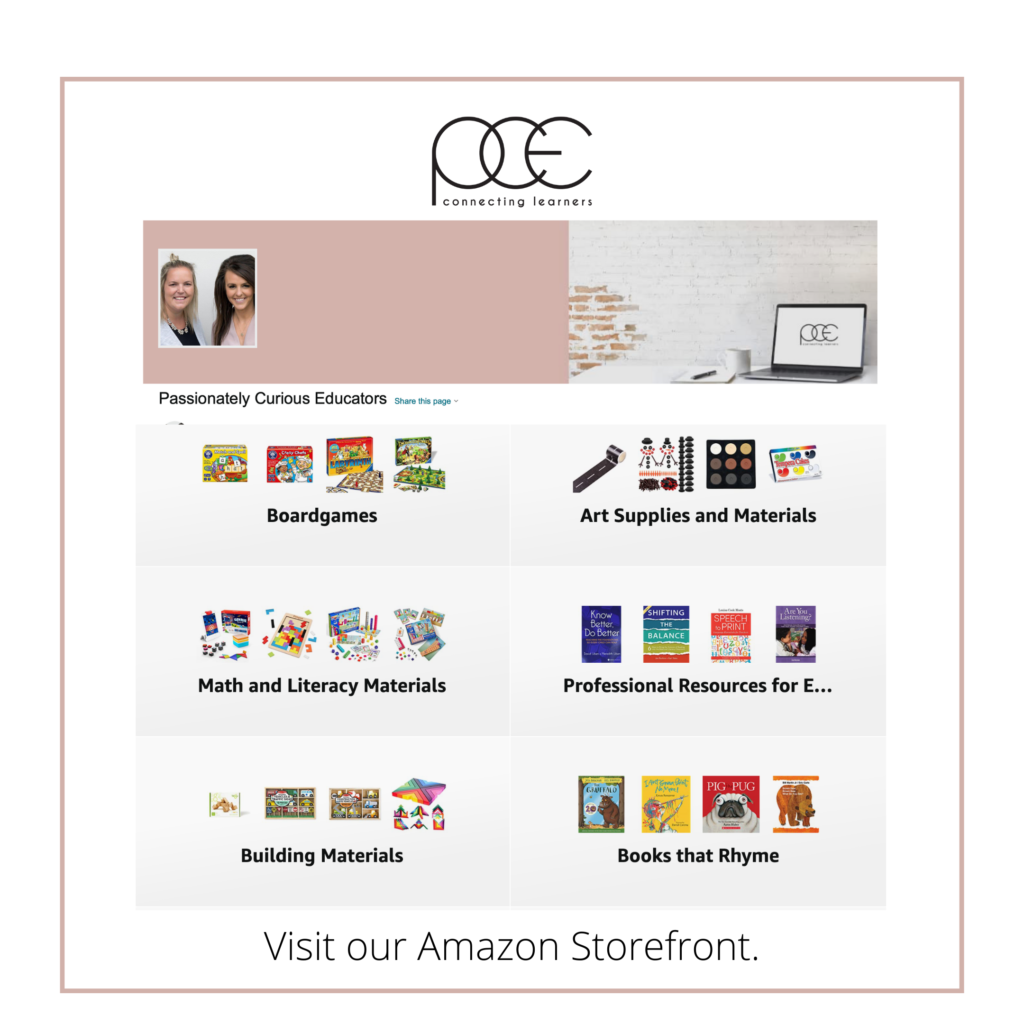

Topics: Observation, Documentation, Assessment
What We Think: Deb Curtis and Margie Carter are exceptional authors. We found that this was an easy book to read with great examples and visuals. The text looks at how to authentically capture student learning and make it visible for others to see and learn from it. Very practical and helpful for those learning how to take anecdotal/observation notes.
Favourite Quote:
“Working with children in this way is quite different from focusing on cookie-cutter curriculum activities. It also goes beyond traditional observation practices, in which teachers collect data primarily for the purpose of assessment and measurement”

Topics: Emergent Curriculum, Observation, Documentation
What We Think: Deb Curtis and Margie Carter are exceptional authors. We found that this was an easy book to read with great examples and visuals. The text looks at how to authentically capture student learning and make it visible for others to see and learn from it. Very practical and helpful for those learning how to take anecdotal/observation notes.
Favourite Quotes: “Children need teachers who are passionate, curious, joyful, and committed to being fully mindful”.
“Are our decisions developing capable people, or are they suppressing competency in order to make life easier or more convenient for adults?”

Topic: Documentation in Early Childhood
Professional Resources: PROJECT WORK

Topics: Project Work, Elementary Inquiry (K to 8), Creating a Culture of Excellence, Feedback
What We Think: We studied this book across a variety of grades. It was helpful in understanding how project work and inquiry could extend beyond the early years classroom. Ron Berger provides genuine examples of projects and studies done by students at a variety of grade levels and how this type of learning brings to the surface so many academic skills through the context of their project work.
Favourite Quote: “I want students whose work is strong and accurate and beautiful; students who are proud of what they do, proud of how they respect both themselves and others”
“I believe that work of excellence is transformational. Once a student sees that he or she is capable of excellence, that student is never quite the same”

Topics: Self Regulation (strategies, domains, classroom examples)
What We Think: Stuart Shanker is an expert in self regulation. He has built a strong framework of understanding how children are able to regulate themselves and the importance of supporting them in learning how to do this. This book provides both scientific and educational research to understand self regulation in greater depth.
Favourite Quote: “Self regulation is increasingly being seen as essential for enabling children to respond efficiently and effectively to the everyday challenges they face in and out of school. The better we understand self regulation, the better we can implement educational strategies that enhance students’ capacity to learn and develop the skills necessary to deal with life’s challenges”
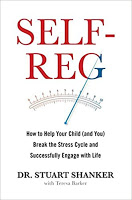

Topics: Positive behaviour management, life skills: collaboration, attachment, belonging, adaptability, contribution, self regulation
What We Think: This book is so helpful in supporting educators to understand how we can support young learners in developing the skills needed to build positive, healthy relationships. Behaviour management is often marketed as a pre-made program, which does not support all students, classrooms and schools needs. Jenna Bilmes approaches behaviour management by looking at the whole child.
Favourite Quote: “The way that most of us instinctively react to misbehaviour is the least effective way to help children develop good behaviour”
“The truth is there simply isn’t a step-by-step method that fits all situations or all children. You won’t find a cookbook approach to discipline here”
“You should think of social-emotional skills no differently than you think of skills in reading or math”

Topics: Mindset, Growth vs Fixed Mindset, Changing Mindset
What We Think: Learning about mindset is so important in supporting students to value the process of learning. We have found that teaching children about brain development, growth, and the importance of making mistakes has encouraged our children to take more risks and to persevere.
Favourite Quote: “If parents (teachers) want to give their children a gift, the best thing they can do is to teach their children to love challenges, be intrigued by mistakes, enjoy effort, and keep on learning. That way, their children don’t have to be slaves of praise. They will have a lifelong way to build and repair their own confidence”

Topics: Courage, Vulnerability, Relationships/Partnerships
What We Think: Brene Brown has been very influential in our understanding and learning in terms of relationships. A large part of working on a team in a school is building and maintaining relationships and partnerships that are effective and built on trust. Brene Brown shares experiences to help understand the importance of being courageous and vulnerable in our interactions and learning as educators.
Favourite Quote: “You can choose courage or you can choose comfort. But you cannot have both”
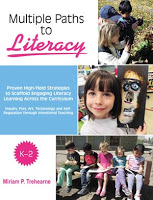
Topics: Early Literacy, Reading, Writing, Oral Language
What we think: We found this text to be very practical, yet also grounded in theory and real teaching experiences. We used this book while investigating early literacy as a team. It provided us with new ideas, reminded us of things we had forgotten, and is a great resource to refer back to through the year.
Favourite Quote: “The bottom line is that new or different is NOT necessarily better…improve teaching by building on best practice, on what is working, rather than looking to implement yet another innovation” – Miriam Trehearne
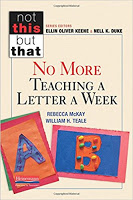
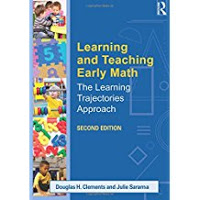

Topics: Reggio Emilia, Environment as Third Teacher, Organization of Time, Documentation, Connecting with Families,
What We Think: If you are looking to understand how the Reggio Emilia approach may be woven into your classroom, this book provides a helpful overview. Wurm looks closely at some of the foundations of the Reggio Emilia approach and makes connections and reflections about how they may be interpreted in different environments.
Favourite Quote: “The more time you spend with children, the more you notice how inquisitive they are about the world and how keen is their thinking even about the most subtle things” – Malaguzzi
“The view we have of children is present in all that we do as educators. It can be seen in the way that we present materials, the way we maintain our spaces, and even the food we serve” – Wurm

Topics: Emergent Curriculum, Project Work (real examples)
What We Think: This is a great Canadian text by author Carol Anne Wien. It provides a great conversation and dialogue opportunity for cross grade learning again as the examples come from different grade levels. If you are wanting to understand more about project work, inquiry and the Reggio Emilia approach in the primary and junior grades this text provides a good framework.
Favourite Quote: “What do teachers do that gets children so excited that they feel that learning is like a birthday party?” – Carol Anne Wien
“Emergent curriculum centers itself in the genuine interest of children and teachers. In other words, it puts the value of motivation – integrity of feeling – first.”

Topics: Teachers role in play, how to play with children, how to set up play/environment, how to nurture development through play
What We Think:
Favourite Quote:
“At play, both children and adults are challenged to invent new solutions to problems within flexible rules and rapidly changing scripts. Playing together, they practice negotiating their varied world views to create mutually satisfactory and increasingly complex understandings of their lives”.

Topics: Importance of Listening and Slowing Down, Conversations (environment, documenting, scaffolding)
What We Think: This book was really powerful in slowing us down in how we interact with young learners. We recognized the importance of truly listening to understand children’s thinking and how to have conversations that will support their learning. Lisa Burman has written a text that supports educators in understanding how to build a culture of conversation in their classrooms.
Favourite Quote:
“Conversations are more than the exchange of words. For young children and their teachers, it is a natural learning tool that serves to deepen children’s knowledge. Knowing when to listen and how to respond will help you strengthen children’s social, cognitive and language skills”

Topics: Inquiry, Reading and Writing, Nonfiction, Outdoor Learning
What We Think: This book provides practical ideas and examples that will support educators in creating a sense of wonder in their own classrooms. If you are just beginning to understand inquiry and aren’t sure where to start or how to engage – this book will provide many starting points, prompts and ways! This text can be used at the Kindergarten or Early Years age, but is more geared and in support of primary grades.
Favourite Quote:
“Many primary classrooms are now teaching to a test in classrooms where opportunities for curiosity, creativity, and exploration are rare”.
Sign up for our mailing list if you would like to stay connected, learn about new ideas that can be implemented in your classroom, get access to exclusive material and offers.
We respect your privacy.
Copyright 2019 – PCE Connecting Learners. | Designed & Developed by BrandCo House.
